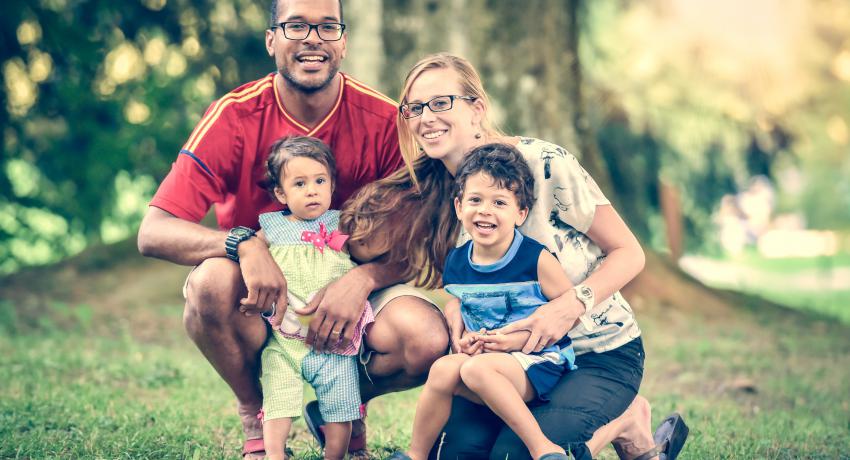The Department of Children, Youth, and Families (DCYF) was selected as one of nine recipients of the Community Collaborations to Strengthen and Preserve Families grant, administered by the Children’s Bureau within the U.S. Department of Health and Human Services’ Administration on Children, Youth and Families.
DCYF’s proposal was selected to receive more than $540,000 annually over the next five years to focus on prevention of maltreatment and reduction of entry into foster care.
The proposal focuses on four locales (out of 23) with the highest rates of child maltreatment within the state. Within those four locales, DCYF will use geospatial analysis to hone in on neighborhoods for targeted prevention support. These supports will be strengths-based, working with communities to tailor strategies based on data, community wisdom and the experiences of families.
“We are excited for this opportunity to partner with and build on the strengths in communities and to evaluate the success of this effort,” said Erinn Havig, the Primary and Community Prevention Lead for Strengthening Families Washington.
Strengthening Families Washington is a program within DCYF that will oversee the work of this grant. The goals of Washington’s Strengthen Families Locally Initiative are to:
- Substantially reduce child maltreatment
- Reduce entry into foster care in communities that suffer from disproportionately high rates of child maltreatment
- Develop a tested community-driven model for reduction of child maltreatment at the local level that can be replicated in other communities around the state
This five-year project will begin by building and/or strengthening multi-system collaborations in local communities while partnering with parents and providers in the four pilot communities and will be evaluated for effectiveness as the program progresses.
"When we listen to the youth and parents who have experience in our child welfare system, they speak about the importance of communities to their overall well-being,” said Jerry Milner, Associate Commissioner of the Children’s Bureau. “Our goal here is to act on what they tell us and create cross-cutting systems in communities where children and families can get what they need when they need it before formal child welfare services are needed. We appreciate the openness of the families and all of our community partnerships. Together, we can help families become more resilient and build community-based programs that are effective, sustainable and prevention-focused.”
To read the full release or to learn about the other projects selected, visit the Administration For Children & Families website.

